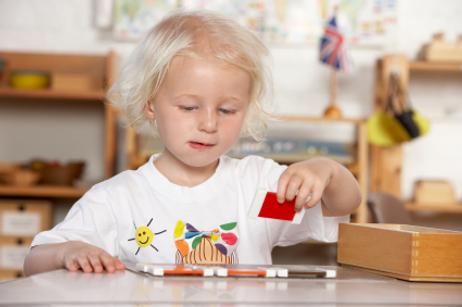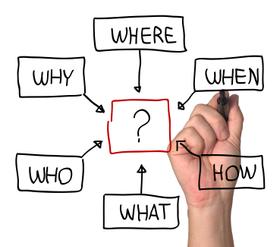5 Facts About Montessori Schools
What is Montessori?
Montessori is the name of a very popular approach for teaching preschool and primary-age children. We'll explore the reasons for its popularity later. First, let's examine how Montessori got its start. As with many great movements, Montessori began with an idea and some theories by one of those remarkable visionaries who dot the pages of history.
Canva generated this photo of Dr. Montessori with children at her Casa dei Bambini.
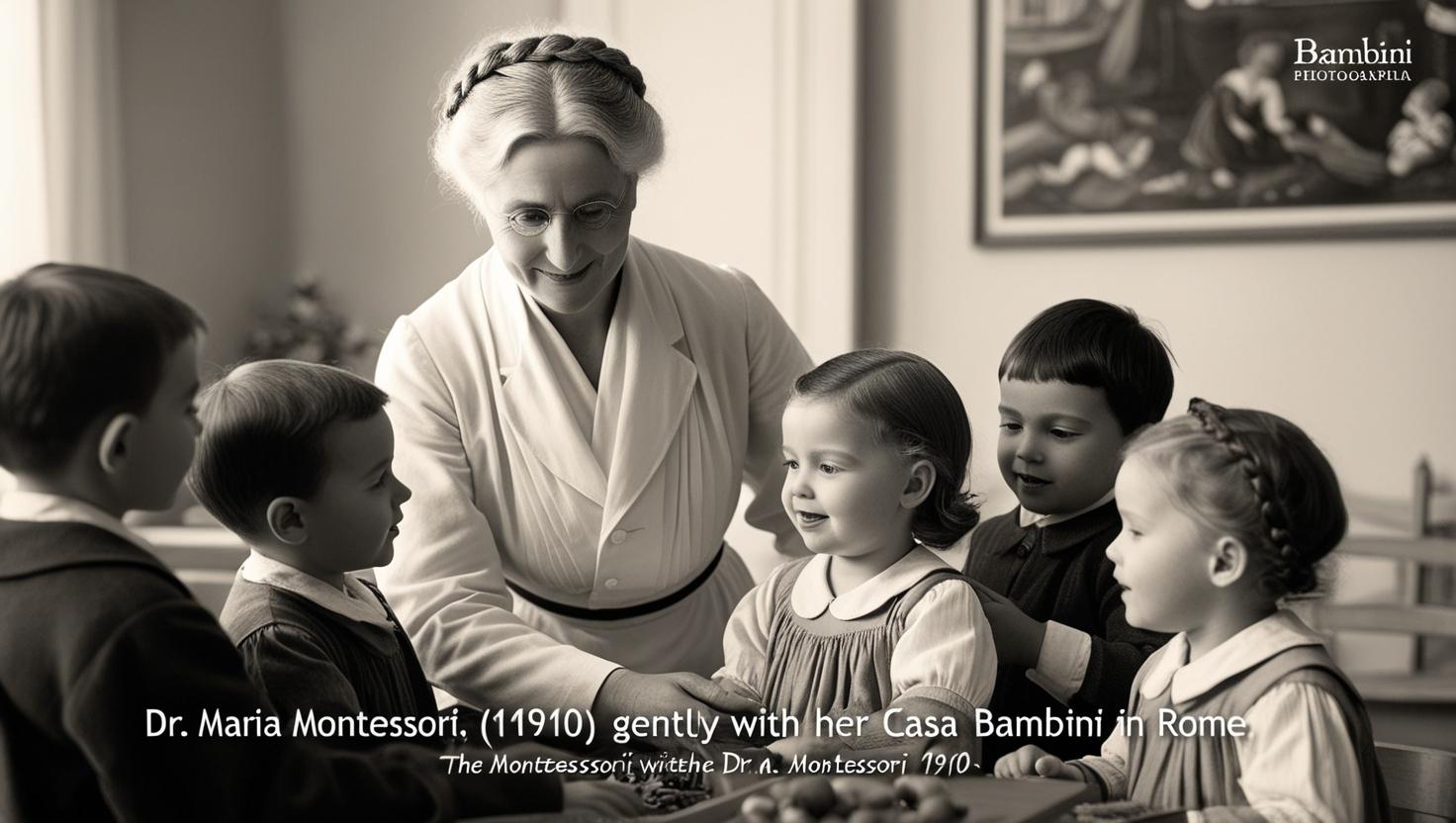
Life and Work of Dr. Montessori
Dr. Maria Montessori (1870-1952) was born and raised in Italy.
- She came from a family of modest means.
- Her father did not approve of her desire to be educated, much less to become a doctor.
- Women didn't do such things back at the end of the 19th century.
- Despite the many obstacles that stood in her way, Maria earned her degree from the University of Rome in 1896.
- Her specialty was pediatric medicine.
While Dr. Montessori worked towards her degree, she studied and worked with mentally disabled children. She got her chance to put her experience, observations, and theories into practice when she was invited to open a school for the children of working-class families in 1907.
- The school was located in a low-income housing project in Rome.
- The first Casa dei Bambini was a traditional school with desks, chalkboards, and all the other accouterments of classrooms of the day.
- Dr. Montessori herself did not teach.
- She left that task to the building porter's daughter.
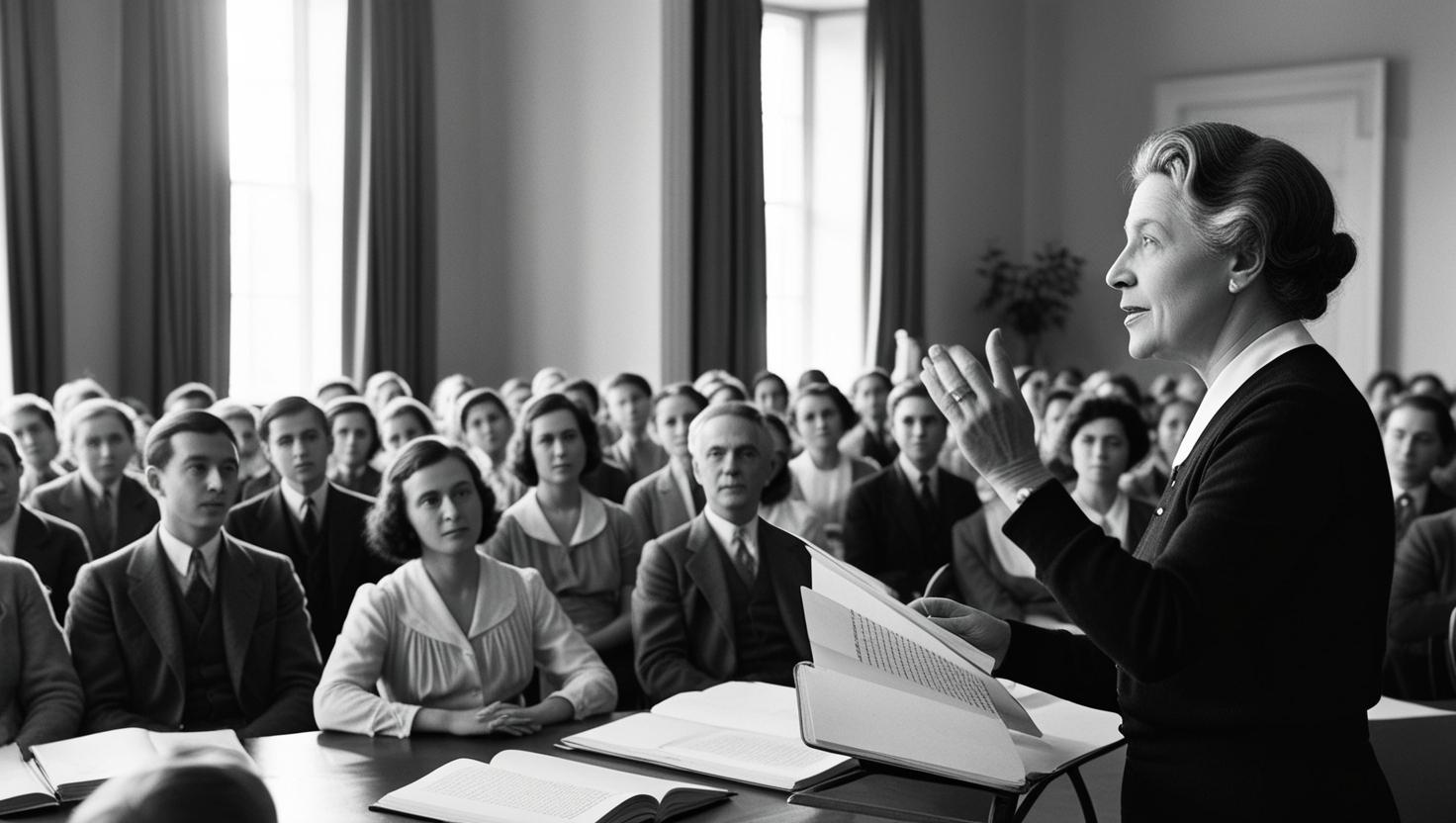
Dr. Montessori observed the children becoming deeply involved in their work and play.
- She began organizing their day and classroom environment to encourage self-discipline and responsibility.
- Her idea was to "follow the child."
- The classroom space, the materials, the desks, and the flow of the day all had to flow from this central tenet of Montessori.
- Teachers were guides, not stern taskmasters.
- Needless to say, Dr. Montessori's approach was quite different from what was commonly found in elementary classrooms of the day.
- Yet her first Casa dei Bambini was successful, and her methods gained other educators' and civic leaders' attention and approval.
- Her second Casa dei Bambini opened later in 1907.
- Dr. Montessori began to develop the teaching materials we now recognize as Montessori to support reading, writing, and mathematics.
- She codified her approach in The Method of Scientific Pedagogy Applied to the Education of Children in the Children's Houses.
5 Facts About Montessori Schools
Here are five facts about Montessori schools to consider when exploring preschools and primary schools for your child.
1. There are over 8,000 Montessori schools in the U.S.
Most Montessori schools belong to the American Montessori Society or the Association Montessori Internationale, founded in 1929 by Dr. Montessori herself.
- Depending on which association a school belongs to, if it belongs to one at all, it will also have regional and/or state associations to which it may be a member.
- While Dr. Montessori began her work in the inner city with children from low-income families, her approach has taken root in middle-class America.
- Search on Private School Review for Montessori schools within a 10-mile radius of a zip code in most urban areas, and you will be rewarded with dozens of Montessori schools to choose from.
2. Not every Montessori school is a genuine article.
Dr. Maria Montessori never trademarked the name 'Montessori. '
- As a result, anybody can call their school Montessori if they so choose. But does that mean the school adheres to Dr. Montessori's principles and methods? Not exactly.
- You will only learn if it is real if you know what to look for and what questions to ask.
- A trained, credentialed Montessori teacher has been thoroughly trained and is experienced in Montessori principles, concepts, and methods.
Mary Gutting Matthews explains what it is to be a Montessori teacher in Reflections of a Montessori Child.
From the American Montessori Society: "Components necessary for a program to be considered authentically Montessori include multiage groupings that foster peer learning, uninterrupted blocks of work time, and guided choice of work activity. In addition, a full complement of specially designed Montessori learning materials are meticulously arranged and available for use in an aesthetically pleasing environment." An Introduction to Montessori
This video explains the key fundamentals of the Montessori Method.
Beautiful materials which children learn to treasure: "The Montessori school environment is arranged according to subject area -- cooking, cleaning, gardening, art, caring for animals, library corner, etc. -- children always free to move around the room instead of staying at desks. There is no limit to how long a child can work on something she has chosen." The International Montessori Index
3. Montessori schools are individually owned and operated.
Montessori schools are not franchise operations.
- Each Montessori school is individually owned and operated.
- Many small schools are proprietary schools owned by an individual.
- Others are not-for-profit entities governed by a board of trustees.
- Most Montessori schools are small and have less than 100 children. Individual ownership and small size can mean that a school's viability is very much dependent upon the owner's sound business practice and experience.
- A school established as a not-for-profit organization overseen by a board of trustees will have a broader base of interested supporters.
- Both business models have their advantages and disadvantages. Make sure that the school is well-managed and fiscally sound.
- The degree to which any school can be called Montessori depends on several factors. That is why it is so crucial for parents to read about Montessori and understand all that it entails. Then, evaluate each school on your shortlist and compare them with the Montessori tenets and elements that you feel are essential for your child's education.
In this short video, the Montessori Foundation explains how to start a Montessori school.
The Teacher's Role: "The teacher, child, and environment create a learning triangle. The classroom is prepared by the teacher to encourage independence, freedom within limits, and a sense of order. The child, through individual choice, makes use of what the environment offers to develop himself, interacting with the teacher when support and/or guidance is needed." American Montessori Association
4. Montessori schools are considered progressive schools.
You will be disappointed if you are looking for a so-called 'traditional' style of teacher-directed learning. Montessori schools are almost always progressive schools.
- Their classes are multi-age and teacher-guided.
- The teacher hovers on the sidelines, observing, helping, and guiding the learning process.
Is Montessori for all children? "There is no one school that is right for all children, and certainly there are children who may do better in a smaller classroom setting with a more teacher-directed program that offers fewer choices and more consistent external structure. Children who are easily overstimulated, or those who tend to be overly aggressive, may be examples of children who might not adapt as easily to a Montessori program." The Montessori Foundation
5. Montessori schools use specially designed materials.
Dr. Montessori designed sensorial materials to develop a child's five senses.
- The materials include the cylinder blocks, the pink tower, the brown or broad staircase, the red rods, the colored cylinders, and more.
- There are also a host of other materials used for the learning and discovery activities of older children.
- Upper school teachers are usually expected to develop their own materials.
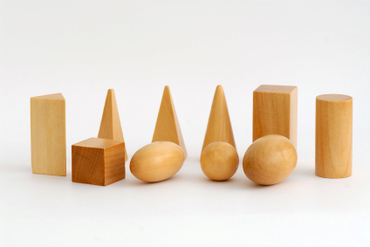
Learning materials: "In the Montessori classroom, learning materials are arranged invitingly on low, open shelves. Children may choose whatever materials they would like to use and may work for as long as the material holds their interest. When they are finished with each material, they return it to the shelf from which it came." North American Montessori Teachers' Association
This brief video shows how mathematics is taught to preschool children in a Montessori class.
Conclusion
Implicit in these five facts about Montessori is the reality that your child is beginning an incredible journey.
- If you decide to send him to a Montessori school, you will be involved with his education daily.
- His teacher is his guide at school.
- You are his guide for life. 24/7.
- You will always know what is best for him as you follow your child.
- Never forget that!
Unlock Your Child's Potential with Montessori Education
- Discover how Montessori schools foster independence, creativity, and a love for learning.
- Learn about the unique benefits of this child-centered approach.
- Find the perfect Montessori school for your child.
Take the First Step Today!
Explore the Montessori Method and its emphasis on self-directed learning.
Find Montessori Schools near you using the search tool on our website.
Understand what makes a Montessori school authentic.
Visit PrivateSchoolReview.com, which has more articles about early childhood education and the various methods available.
Questions? Contact us on Facebook, Instagram, and YouTube. @privateschoolreview
#MontessoriEducation #ChildCenteredLearning #ProgressiveSchools #MontessoriMaterials #IndividualizedInstruction #privateschools

